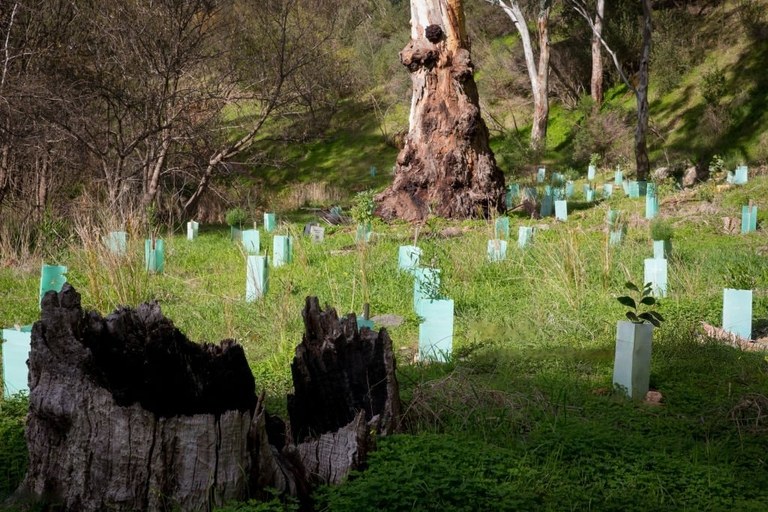
Australia Introduces Nature Repair Market Bill to Revitalise Biodiversity
The Australian Government, has announced the introduction of the Nature Repair Market Bill. This innovative legislation aims to address the alarming deterioration of Australia's natural environment by facilitating private investment in environmental restoration and conservation.
The Nature Repair Market Bill seeks to create a structured and transparent marketplace where businesses, philanthropic organisations, governments, and individuals can invest in nature repair initiatives. This market is expected to generate new opportunities for landholders to enhance and manage their lands more effectively, contributing to environmental sustainability.
Aligning with the United Nations Convention on Biological Diversity, Australia commits to protecting 30% of its land and seas by 2030. This goal is in response to the 2021 State of the Environment Report, which highlighted the worsening condition of Australia's natural environment.
The Bill recognises the significant role that the business and private sector can play in nature repair. By offering a science-based, legislated framework, it encourages these sectors to demonstrate their environmental credentials through positive nature-related outcomes.
The Nature Repair Market Bill will enable the Clean Energy Regulator to issue tradeable biodiversity certificates to Australian landholders for projects that protect, manage, and restore nature. These certificates, ensuring integrity and transparency, can be sold to various stakeholders. The Bill provides for a public register to track these certificates, offering standardised information to facilitate comparison and valuation of projects.
A critical aspect of the Bill's success hinges on educating and empowering landholders. In this regard, working closely with Landcare groups becomes pivotal. Landcare, known for its dedication to managing environmental issues in local communities, offers landholders a wealth of knowledge and resources to improve biodiversity on their properties. Through events, workshops, and assistance with grants for environmental management and restoration projects, Landcare provides practical and invaluable support. This collaboration ensures that landholders are well-equipped with the knowledge and skills necessary for effective environmental stewardship.
The market is inclusive, allowing all landholders, including First Nations peoples, conservation groups, and farmers, to participate. Eligible projects include improving or restoring native vegetation, planting local species, and protecting rare habitats.
The legislation underpins the nature repair market with robust provisions for science-based project assessments, public accountability, and transparency. An independent Nature Repair Market Committee will advise on the integrity of the scheme, ensuring projects meet biodiversity standards.
Uniquely, the market will operate parallel to carbon markets, allowing landholders to receive certificates from carbon projects that contribute to biodiversity. This alignment aims to streamline participation for landholders in both markets.
The Australian Government plans further consultation in 2023 to refine the market's details, with the aim to commence trading in the second half of 2024. This ongoing development will include methodology determinations and rules, ensuring the market's effectiveness and integrity.
The Government acknowledges the Traditional Custodians of Australia and their enduring connection to land, sea, and community. This acknowledgment underscores the importance of integrating Indigenous knowledge and practices in environmental conservation efforts.
The Nature Repair Market Bill represents a significant step in Australia's journey towards environmental restoration and sustainability. By fostering collaboration between government, private sectors, landholders, and organisations like Landcare, Australia is poised to make a substantial impact on its biodiversity conservation efforts.




